Kenya AA completely washed coffee beans
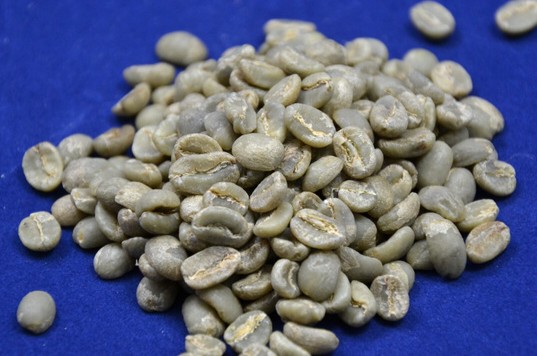
English name: Kenya AA
English name: Kenya AA
Commodity specification: 227 grams
Coffee country: Kenya
Coffee grade: AA
Treatment method: complete washing treatment
Baking degree: medium and deep baking (Full City +) / dense first break of second explosion
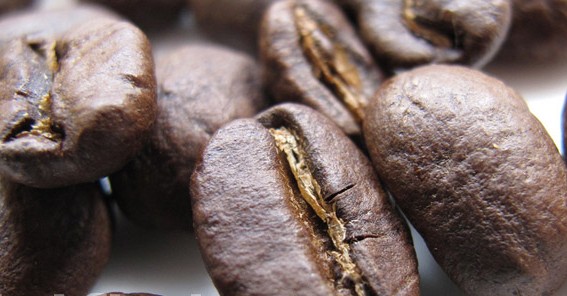
People in the coffee industry all think that Kenya kenya AA coffee is one of its favorite products, because Kenya kenya AA coffee contains every feeling we want from a good cup of coffee. It has wonderful and satisfying aromas, well-balanced acidity, well-proportioned particles and excellent fruit flavors.
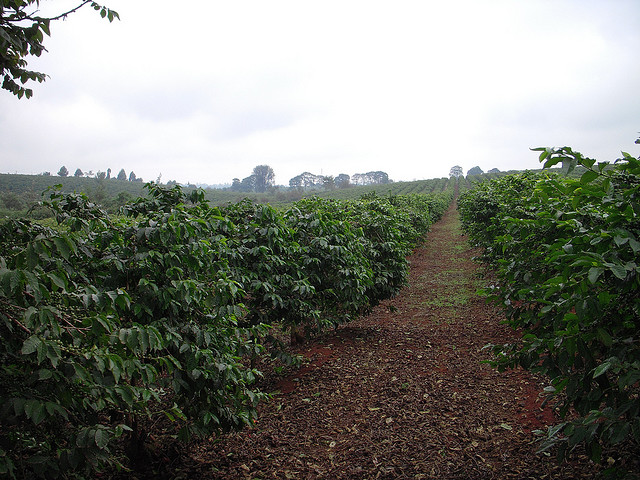
Field management
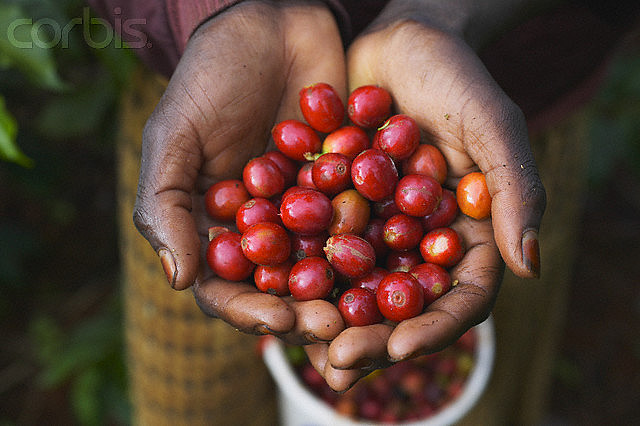
Hand picking
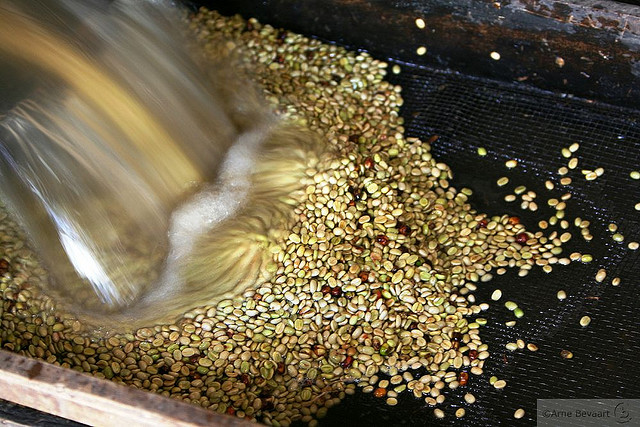
Adhere to the scientific washing process
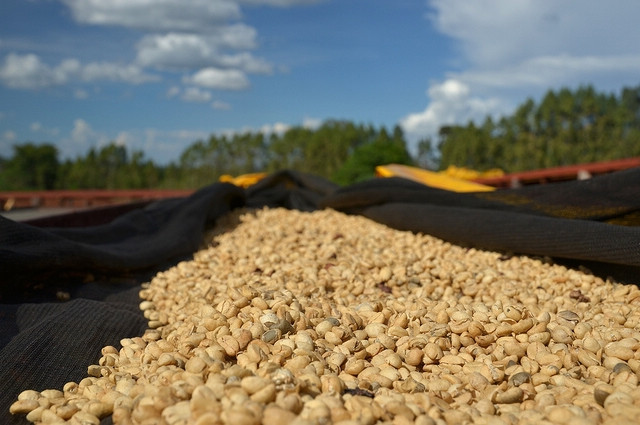
Natural drying after washing
Remember the princess once said that people often ask us, what is good coffee? Usually we will answer that as long as the coffee that suits us is good coffee. Is this the definition of good coffee? In fact, we still have standards for good coffee, what is good coffee, how to guide the public to learn to distinguish good coffee, drink good coffee-coffee people have a long way to go!
When it comes to good coffee, of course, talk about arabic. When it comes to Arabica, we have to mention Kenya. Kenya is recognized as the best producing area of Arabica (arabic) in the world, followed by the hometown of coffee-Ethiopia. Next, let's take a systematic look at Kenyan coffee. The following is an introduction to Kenyan coffee from sweetmarias.
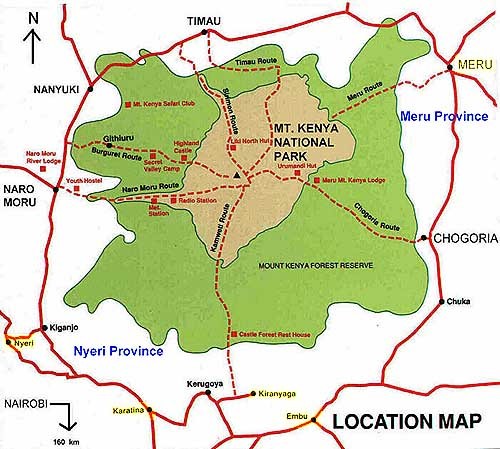
This map of Kenya and its surrounding areas reveals the origin of some nearby coffee.
Kenya AA (Kenya AA) is produced on a 17000-foot hillside of Mount Kenya near Nairobi, the capital of Kenya. Kenya's AA is the largest coffee bean in the country, followed by AB and C again. The taste is mellow and full-bodied, with its unique bitterness and wine taste, with the aftertaste of wine, which is most praised by people.
Recent evaluation of coffee cultivation in Kenya:
Kenya once again to the annual harvest, I was fortunate to get the following major producing areas of beans: Kiambu, Nyeri, Thika, Meru, Kirinyaga (region or manor name, no translation, easy to look up English materials). From February to August, these main planting areas will suddenly produce 1-2 kinds of high-level beans, so that I can get 10-20 kinds of beans in a week. Based on so many samples, no one knows the quality of beans better than I do. The Kenyan auction market system has been very helpful for me to get in touch with these beans, even when the weather is bad, and so on: God can no longer stop me from finding super beans! This is a system that tends to be popular, and I can easily trade even when I cook in the kitchen. That's what Tom said.
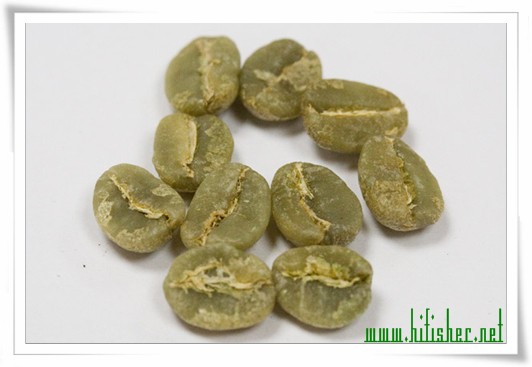
Kenya AA
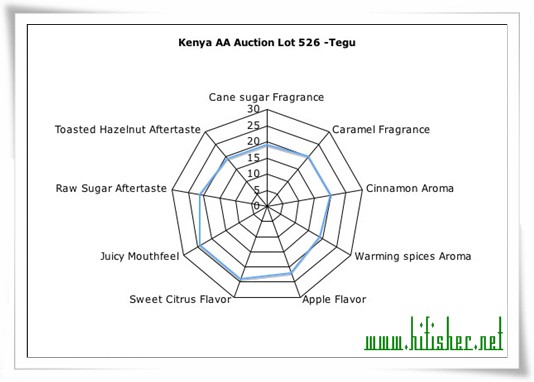
Kenya AA Test Spider Diagram
Generally speaking, it feels like a kind of coffee with a bright hue that can make people feel fresh from head to toe. Of course, it is not tailor-made for those who do not like sour taste (the acidity of this coffee will leave a distinct mark in the human brain because of such a class of reacting chlorogenic acid carbonate water). The best Kenyan flavors are hybrid and have quite obvious fruit flavors (such as strawberries and citrus) and sometimes lead to the idea that they have spicy flavors. Some Kenyan coffee tastes reminiscent of cleanliness and brightness, while others are reminiscent of some precious wine-making spices.
Coffee farm profile: 573426 farmers take stakes in 275 production organizations and 1275 hectares of coffee trees
Coffee growers: 6000000
Plants that do not see sunlight: very few
Main coffee production organization: High Plateau around Mt. Kenya,Aberdare Zone,West: Kasii, Nyanza,Bungoma,East:Nakuru,Kericho
Planting species: SL-28, SL-34, Bourbon,Kents, Typica, Riuri 11. Bourbon is called Scottish or French in some areas.
Harvest season: main season: October-December, June-August will also have sporadic harvest
Grading and processing: AA (17hammer 18 items) is the most advanced, while MGOBING39X buni represents the lowest consumption of natural mature coffee beans in the area, which is processed by washing.
Organic identification: no identification, because the local use of excellent planting technology, rarely use chemicals, the secret is to often use dead branches for fertilizer, pruning plants, mowing lawns and so on.
Output ranking: sixth in Africa, tenth in the world
Introduction: in the 1800s, it was introduced by clergy in pursuit of the sacred spirit, the bourbon species was introduced by a national integration in 1911, and the Kents species was introduced by India in 1920.
I was impressed by the consistent good quality of Kenyan coffee: it killed me to find a set of samples with a high defect rate. The process of tasting a perfect Kenyan coffee can not only correct your feeling about what is good coffee, but also a perfect experience. If we really want to chase the luck of bidding for good coffee, we have to take all the gains of most estates: we want to monopolize these good things! When we bid for coffee beans from farms we have worked with before, the chances of a deal are greatly reduced (for example, bidding in the first half of the harvest, it often takes a little more luck to bid again), I am sure. I tried samples of each and bought the best batch. I can responsibly say that these beans are the result of hard work and hard work, and when we do a cup test, we begin to do our best to buy these beautiful things for the harvest period.
Now, while the excellent Kenyan auction system and coffee are gradually being introduced in all East African countries, there are countless problems in production. Kenya, as an example of advances in planting technology in Africa, is developing disorderly. For now, coffee is still of high quality, but if the auction system does not continue to serve small farmers, they will grow other crops or replace better varieties (good SL-28 and SL-34) with disease-resistant but poor-quality Ruiri 11 strains.
Important Notice :
前街咖啡 FrontStreet Coffee has moved to new addredd:
FrontStreet Coffee Address: 315,Donghua East Road,GuangZhou
Tel:020 38364473
- Prev
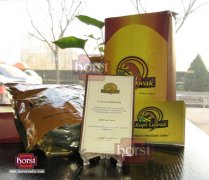
Decode the characteristics of Luwak civet coffee cat poop coffee beans
The introduction of civet coffee Luwak provided by the following uncle has been approved by the Indonesian Ministry of Agriculture, the Indonesian Fine Coffee Association and the Indonesian Coffee Association. Musk cat coffee is a rare Arabica special coffee bean, produced in the central mountains of Yazaki, Sumatra, Indonesia, is an extremely rare and unique coffee. Arabica coffee has been widespread on the Indonesian island of Sumatra since the 16th century.
- Next

Kenyan Coffee: rare good Coffee
Kenyan coffee, a rare good coffee, is famous for its rich aroma and balanced acidity. People in the coffee industry all think that Kenyan coffee is one of its favorite coffee, because Kenyan coffee contains every feeling we want from a good cup of coffee. It has a wonderful and satisfying aroma, balanced and delicious acidity, uniform particles and excellent.
Related
- Detailed explanation of Jadeite planting Land in Panamanian Jadeite Manor introduction to the grading system of Jadeite competitive bidding, Red bid, Green bid and Rose Summer
- Story of Coffee planting in Brenka region of Costa Rica Stonehenge Manor anaerobic heavy honey treatment of flavor mouth
- What's on the barrel of Blue Mountain Coffee beans?
- Can American coffee also pull flowers? How to use hot American style to pull out a good-looking pattern?
- Can you make a cold extract with coffee beans? What is the right proportion for cold-extracted coffee formula?
- Indonesian PWN Gold Mandrine Coffee Origin Features Flavor How to Chong? Mandolin coffee is American.
- A brief introduction to the flavor characteristics of Brazilian yellow bourbon coffee beans
- What is the effect of different water quality on the flavor of cold-extracted coffee? What kind of water is best for brewing coffee?
- Why do you think of Rose Summer whenever you mention Panamanian coffee?
- Introduction to the characteristics of authentic blue mountain coffee bean producing areas? What is the CIB Coffee Authority in Jamaica?

